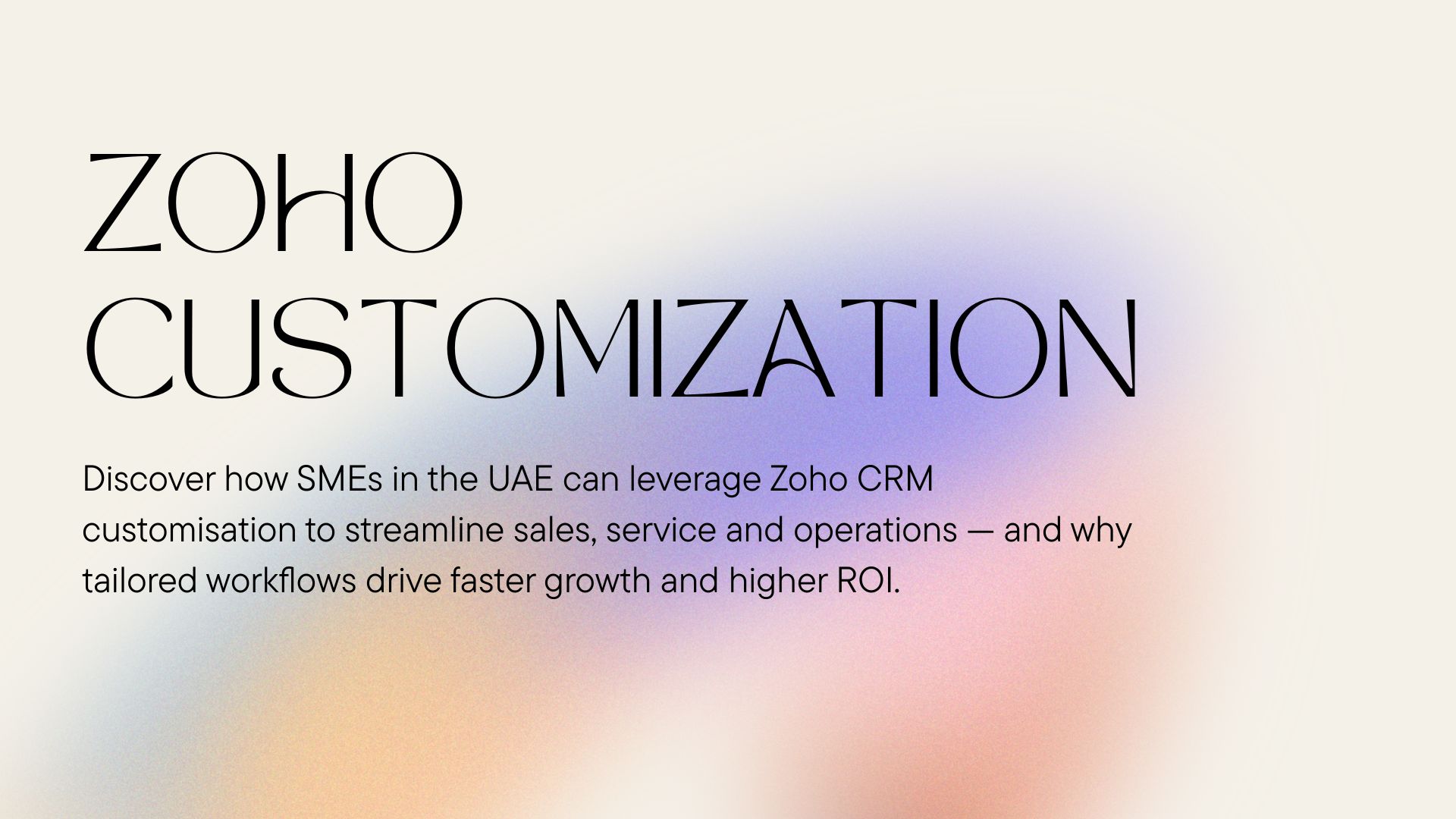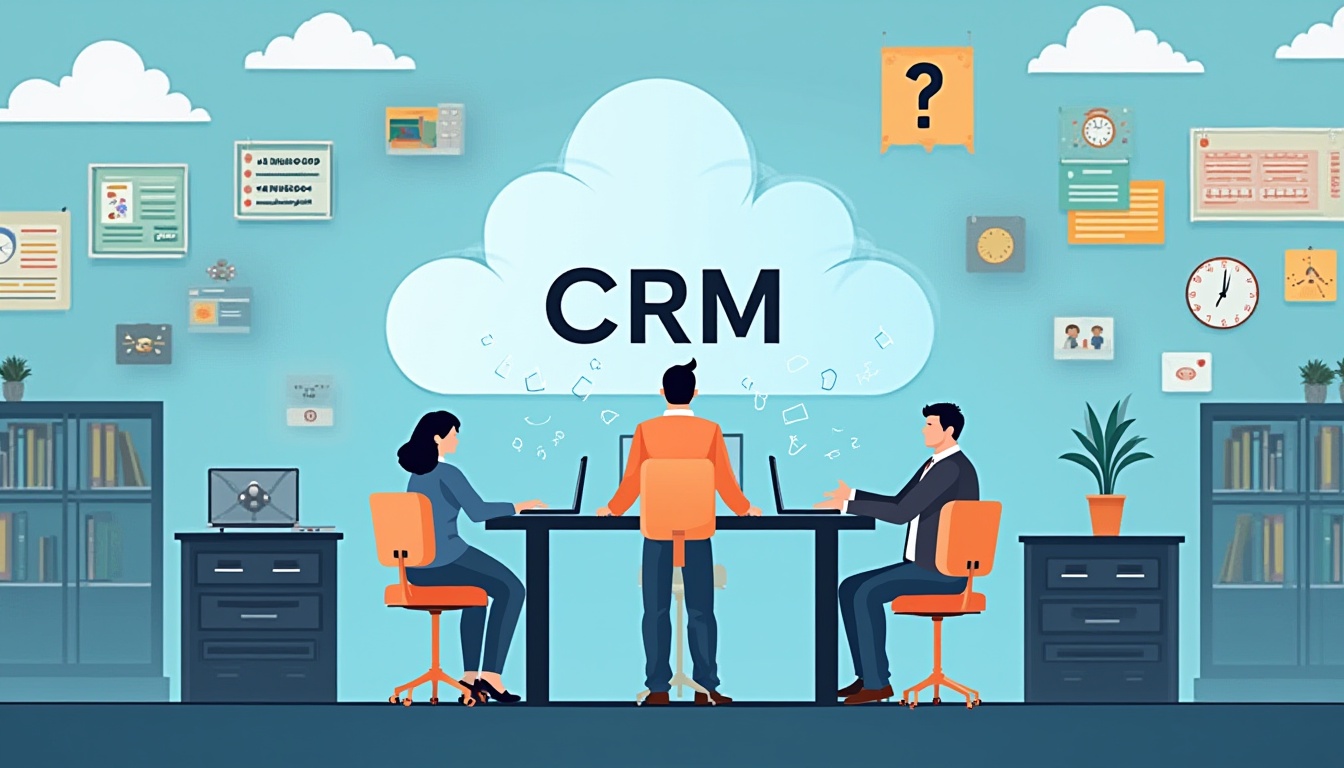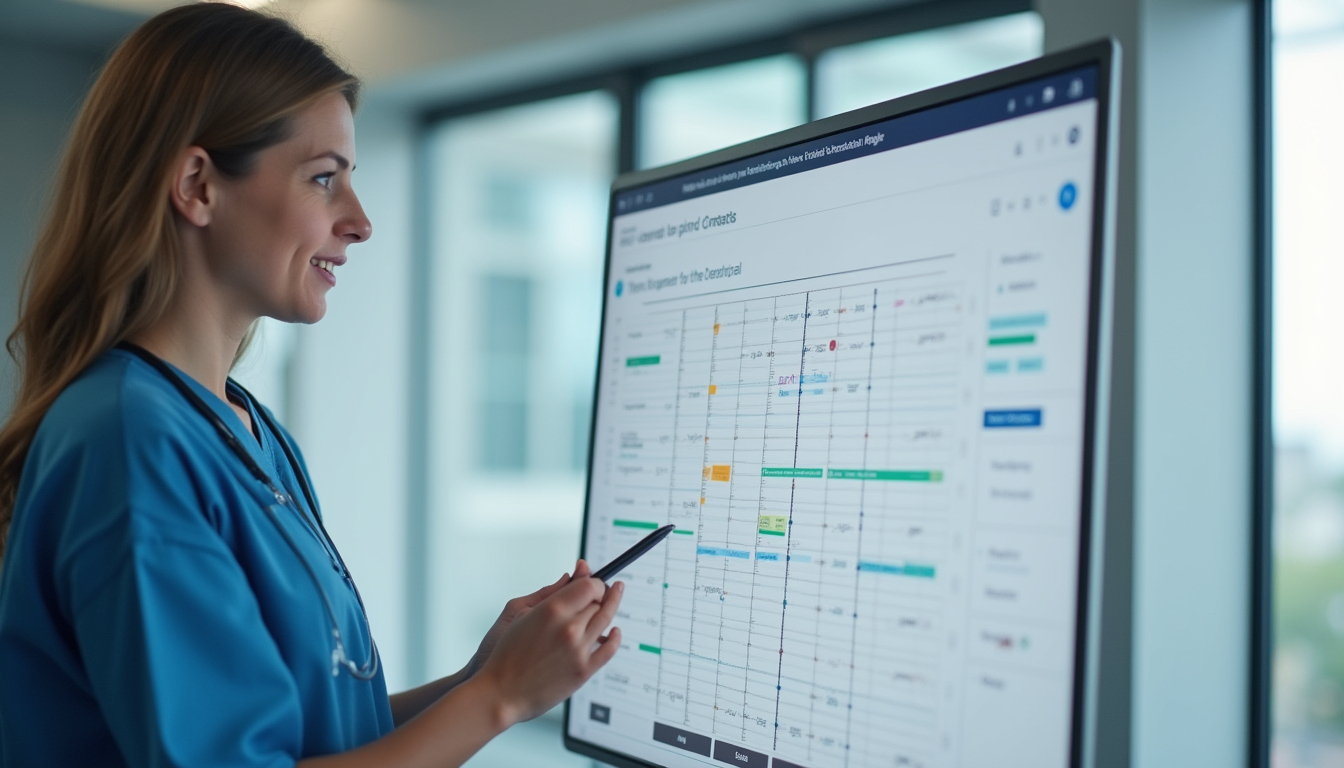Is your Dubai or Abu Dhabi business outgrowing Excel? Here are the 5 critical warning signs that it’s time to switch to an automated CRM solution like Zoho to stop losing leads.
Starting a business in the UAE often begins the same way: hustle, networking, and a trusty Excel spreadsheet to track potential clients.
Spreadsheets are fantastic tools. They are free, flexible, and easy to start. But for a growing business in a hyper-competitive market like Dubai or Abu Dhabi, relying solely on spreadsheets (and scattered WhatsApp messages) eventually becomes a bottleneck that chokes your growth.
The jump from manual tracking to a professional Customer Relationship Management (CRM) system is a major milestone. But how do you know when it’s time to make that investment?
As digital transformation experts helping UAE businesses implement tools like Zoho and Microsoft Dynamics, we see the same patterns repeatedly.
Here are the five critical warning signs that your business has outgrown spreadsheets and is ready for CRM automation.
1. Leads Are “Falling Through the Cracks”
In the fast-paced UAE real estate or service sectors, response time is everything. If a prospect inquires today and you don’t follow up until the day after tomorrow because their email got buried, you have likely already lost them to a competitor.
Spreadsheets don’t remind you to follow up. They don’t automatically capture leads from your website forms. If you find yourself remembering a hot prospect three weeks too late, your current system is costing you active revenue.
The CRM Fix: A CRM automatically captures incoming leads and assigns tasks to your sales team instantly, ensuring no potential client is ever forgotten.
2. Your Customer Data Lives in “Silos” (and Employee Brains)
Where is the latest information on Client X?
- Their contract is in a folder on the server.
- Their latest negotiation point is in Ahmed’s WhatsApp history.
- Their contact details are in Sarah’s Outlook contacts.
When key employees leave, does vital customer relationship history leave with them? This fragmented data—often called “data silos”—makes collaboration impossible.
The CRM Fix: A CRM creates a “Single Source of Truth.” Every email, call note, quote, and WhatsApp chat related to a client is stored in one central profile accessible to authorized team members.
3. Creating Weekly Reports Takes Hours of Manual Work
Every Friday morning, does your operations manager spend three hours copy-pasting data from three different Excel sheets just to figure out how many sales you closed this week?
Manual reporting is not only time-consuming; it is prone to human error. Growing UAE businesses need real-time visibility into their pipeline to make quick decisions, not retrospective reports that take days to compile.
The CRM Fix: Modern platforms like Zoho provide real-time dashboards. You can see your sales pipeline, team performance, and revenue forecasts instantly, with zero manual compilation required.
4. Your Sales Process Is Inconsistent
If you have three sales executives, do they all follow the same process? Or does one send a PDF quote, another sends a WhatsApp text, and the third forgets to send pricing altogether?
As you scale, consistency is key to conversion. Relying on memory or spreadsheets inevitably leads to skipped steps in the sales qualification process.
The CRM Fix: A CRM allows you to build “Blueprints” or automated workflows. This forces a standardized process—for example, the system won’t allow a quote to be sent until the lead has been properly qualified.
5. You Are Treating Every Customer Exactly the Same
A prospect who just downloaded a generic brochure on your website is very different from a prospect who just requested a pricing demo.
If you are using spreadsheets, it is very difficult to segment these audiences. You end up sending the same generic email blast to everyone. In 2026, generic marketing gets ignored.
The CRM Fix: Automation allows for smart segmentation. You can automatically trigger different email sequences based on the prospect’s behavior, industry, or stage in the buying cycle.
The UAE Market Demands Efficiency
The UAE business landscape moves too fast for manual data entry. While the idea of moving away from the comfort of spreadsheets can seem daunting, the cost of staying disorganized is far higher.
The transition doesn’t have to be painful. The goal isn’t just to buy software; it’s to build a system that works for your specific industry.
Are you recognizing these signs in your own operations?
At Tamooh, we specialize in helping UAE businesses make the smooth transition from manual chaos to streamlined automation using world-class tools like Zoho and Microsoft Dynamics.







